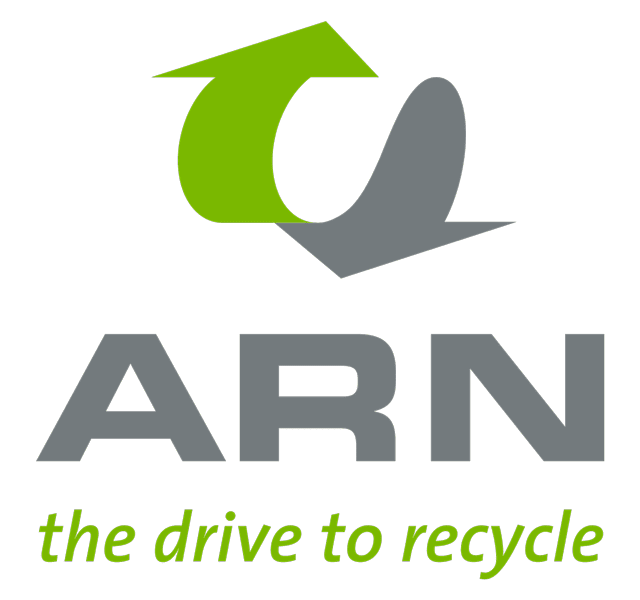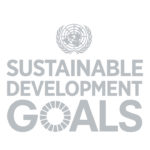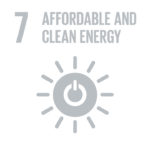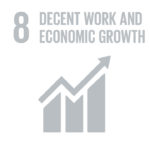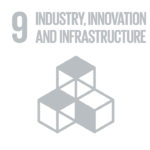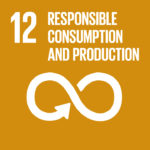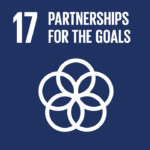Efficiency in the recycling chain improved again
Recycling fee in 2020: €35
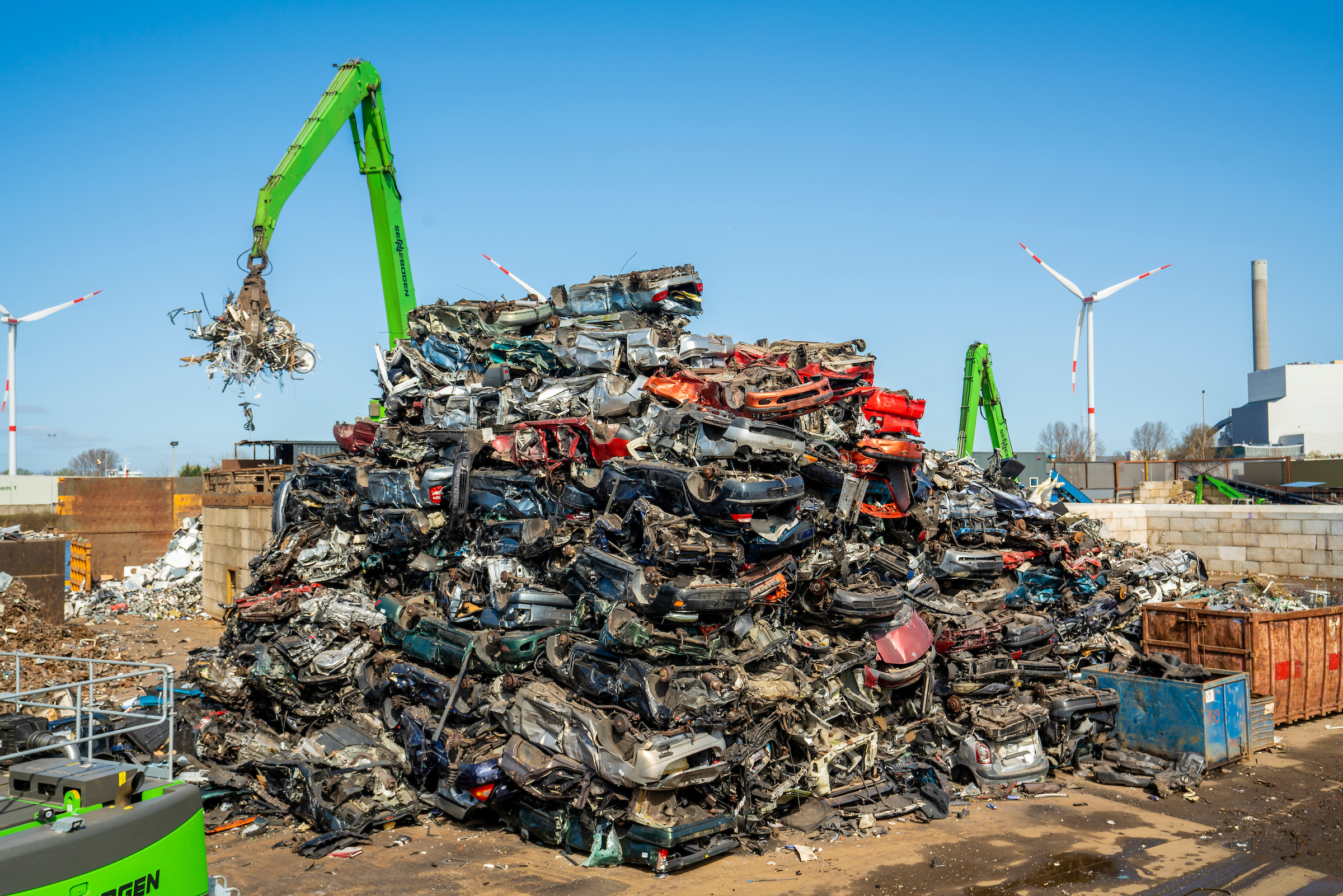
In what in many ways was a challenging 2020, an excellent recycling performance of 98.3 per cent was realised by the recycling chain. This was indeed an impressive achievement by ARN and its chain partners, certainly in the light of the Covid-19 crisis which influenced almost the whole year. In 2020 the recycling fee was €35 and as of 1 January 2021 it has been set at €30.
A recycling fee is chargeable for every new car that uses the Netherlands’ roads. This fee is set every year by the Stichting Auto Recycling (Auto Recycling Association), the members of which include the RAI Association, BOVAG, FOCWA and Stiba.
Collectively, the partners in the Association represent the Dutch automotive sector. On behalf of the sector, ARN assumes production responsibility in the area of recycling. Thanks in part to the recycling fee, the legal obligation of recycling at least 95 per cent of a car, including energy recovery, is possible. This is realised in the context of a joint effort by ARN with approximately 300 chain partners. These include car dismantling companies, shredder companies, collection companies and recycling companies.
Sustainable Development Goals
For the fourth year, ARN has measured itself against the benchmarks of the Sustainable Development Goals (SDGs) in the context of being “lean and green”. The SDGs depicted here apply specifically to the content of this page.
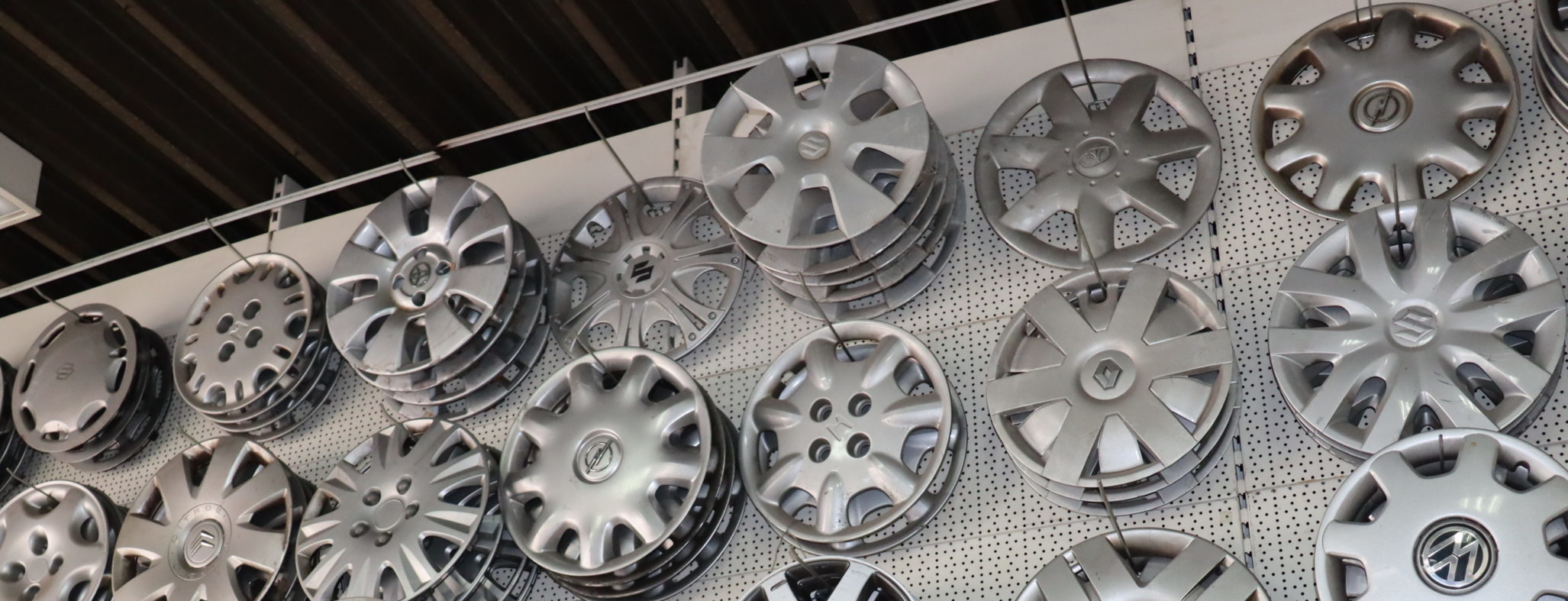
From April 2021 the recycling fee is linked to vehicle registration
Starting April 2021, a recycling fee will be payable on all cars registered in the Netherlands. This fee will apply to new cars and to cars imported from abroad and given a Dutch registration for the first time.
A recycling fee is already levied on most cars in the Netherlands. From April 2021, however, this fee will apply to all cars. This will now also include imported cars, irrespective of whether they are new or old, or whether they have been imported by a private individual or a dealer.
In the event of a parallel (grey) import, the recycling fee will be collected by the RDW, the governmental department responsible for registering motorised vehicles and issuing driving licenses in the Netherlands. When registering a parallel-import car, the applicant will have to pay the recycling fee via the RDW. For specific information about the new recycling fee, go to www.wemakenerietsmooisvan.nl
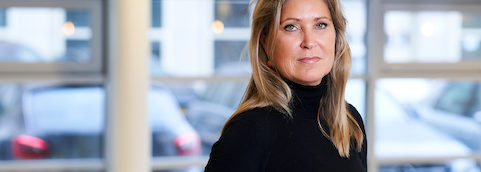
Ingrid Niessing on the importance of the recycling fee – also for imported cars
‘A level playing field and broader foundation for auto recycling’
Managing Director of ARN Holding B.V. Ingrid Niessing thinks the new recycling fee that is applicable from April 2021 is both good and fair. “It means that the same rules apply in the Netherlands for new cars and (used) imported cars, thereby underscoring the very foundation of car recycling in the Netherlands. By aligning the rules for all cars, it lays down a level playing field. From April 2021, what could be deemed as ‘free riders’ will also have to contribute to a system that is very important for the sustainable recycling of end-of-life cars. Soon, everybody who registers a car in the Netherlands will be contributing to a better world, in which at least 95 per cent of an end-of-life car is being recycled. It represents a further step towards a circular society.”
At the end of the day, some serious numbers are involved. Going on (pre-Covid-19) estimates, ARN reckons that some 240,000 cars are imported into the Netherlands every year. Even taking into account that about 200,000 cars are exported every year, the difference is still substantial. “This universally binding obligation will contribute towards the realisation of that level playing field. The message now communicated to the importers of used cars is that while there is nothing to stop you getting an attractively priced car from outside the Netherlands’ borders, you will still have to pay your way in the circular economy.”
